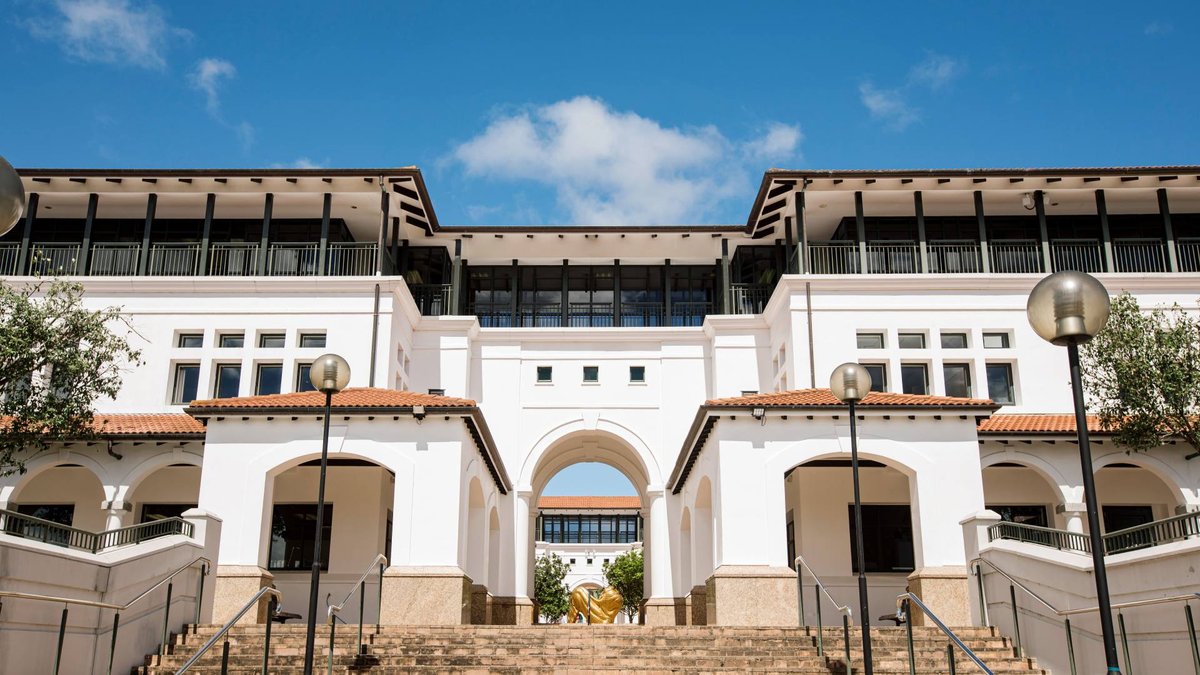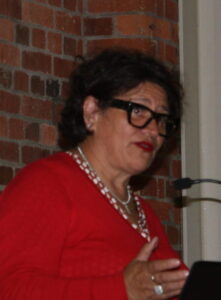“I don’t know if [nursing’s] harder at Massey than at any other school or not, but it’s been very hard,” a third-year student and NZNO student representative told Kaitiaki Nursing New Zealand. “Everyone’s like ‘okay, we’re just hanging on trying to get through to the end’.”
Massey — which produces just under 10 per cent of New Zealand’s nursing graduates — has confirmed it will not be taking new enrolments for its bachelor of nursing (BN) on its Auckland campus in 2024, but current students will be able to stay on to complete their degrees. For those needing more time beyond 2025 to complete their BN, online learning and placements would be organised, it said in a statement. However, students would be able to transfer to the university’s Manawatū or Wellington campuses should they wish.
‘Urgent’ financial challenges
Massey’s head of nursing, Nicolette Sheridan, referred Kaitiaki to communications staff, who said via email the move was intended to avoid duplication of teaching and infrastructure and to make “the best use of our current staffing resources” to ensure Massey had a sustainable future. Students were informed on August 14.
“The timeframe has been shorter than what would normally be anticipated but urgency was necessary in light of the financial challenges facing the College [of health] and the university.”
Massey is among several universities reporting financial strain recently, with an $8.8 million deficit in 2022 which has led to a call for voluntary redundancies.
‘We did a lot of online papers — but not a lot of face-to-face teaching.’
Massey hoped to maintain its overall BN intake by increasing student numbers at Manawatū and Wellington, and also increasing its master of clinical practice (nursing) intake. Currently there are 135 BN students at Massey’s Auckland campus — a number that has been relatively stable since 2018, the spokesperson said. There are 520 students in total studying nursing across Massey’s three campuses.
The student said representatives, including herself, had tried to raise problems like high workloads and back-to-back deadlines with management over the years, but nothing seemed to change.
“As student advocate, you’re always putting forward ways to improve. But each feedback that I give, nothing changes for the next students coming in. So I’m thinking, ‘Okay, maybe they’re just not well-equipped’.”
‘This is a done deal with no consultation – with staff, students or the community — and that is completely unacceptable.’
The student, who has been on the campus for the past three years and is about to finish her BN, said the school had struggled to find enough teachers and tutors in her time there. “We did a lot of online papers — but not a lot of face-to-face teaching.”

Another issue had been lack of support for tauira Māori and outdated te Tiriti education, she said. “We’re still getting taught the three ‘ps’ [partnership, protection and participation] — that shouldn’t even be part of the curriculum, as we know it’s way more in-depth than that.”
“You’re not really supported – it’s just a token gesture if you’re a Māori student.”
‘Surprised and disappointed’
Tōpūtanga Tapuhi Kaitiaki o Aotearoa — NZNO kaiwhakahaere Kerri Nuku said she had been surprised and disappointed to hear of the axing at a time Aotearoa desperately needed to be training more nurses.

The Government’s health workforce plan in July identified a “confronting” shortfall of 4800 nurses in New Zealand, and the need to retain more students — meanwhile continuing to rely on internationally-qualified nurses.
While wanting to consolidate resources was understandable, Nuku questioned whether the challenges of supporting large numbers of students would continue.
“The issue still remains – clinical placements, nurse educators, who are already stretched – so I don’t know how that’s going to be achievable if you increase numbers, say from Auckland and move them down to Wellington — you’re still going to have a bit of a breaking point.”
Nuku said the lack of consultation and communication was also very disappointing, as was its decision to keep taking 2024 enrolments until last month. “They could have looked at alternative ways of providing funding”.
‘Short-sighted’

Tertiary Education Union (TEU) organiser Ben Schmidt said it was “surprising and short-sighted decision-making by a small group of senior management about a crucial programme, as we are in the midst of a severe nursing staff shortage”.
There had been no consultation with staff, students or the community about the impact on frontline nursing, he said.
“This is a done deal with no consultation – with staff, students or the community — and that is completely unacceptable.”
Schmidt said TEU was proposing an “urgent” discussion with Massey University’s vice-chancellor Jan Thomas, TEU and the Government about more sustainable funding for the tertiary sector and “finding a better way forward”.
There were so far no job cuts proposed and it was of some limited comfort that nursing was not entirely gone from the Auckland campus with the continuation of its postgraduate programmes, Schmidt said.
One family told Stuff they were “blindsided” by the decision, after their daughter had been accepted into Massey for 2024 and they had moved to be closer to the Auckland campus.



